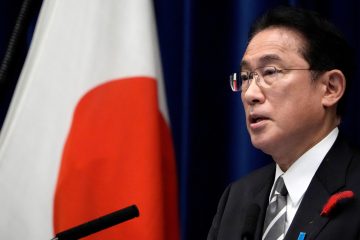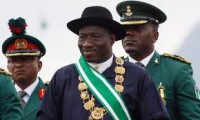
Deepening Democracy: In Nigeria, improving government accountability means paying politicians less
While the Global Commission report on Deepening Democracy provides insightful recommendations on strategies for improving electoral integrity, we must remember that elections are just one step in the democratic process. Certain precursors need to be made right in order to make the report’s recommended strategies achievable. Having lived in Nigeria and experienced the democratic process there, I am of the opinion that one vital measure needed to strengthen its nascent democracy is to drastically reduce the excessive financial incentives that accompany political positions. The quest for political leadership must be guided by a passion to lead and make changes. Sadly, these are noble incentives overshadowed by the “what is in for me?” mentality of personal gratification that has eaten deep into the fabric of the country’s political space.
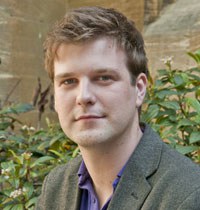
The M23 rebellion: An (exceptionally provisional) attempt at some analysis
Goma has fallen. It had at 2pm on Tuesday, at least. This sprawling city of a million people, built on and out of volcanic rock on the shores of an exploding lake has become synonymous – insofar as it comes to the attention of the wider world at all – with catastrophic refugee crises, ecological devastation, and looting and pillaging. This week will do nothing to change that script. The villains in this particular script are a rebel group with the strange name of M23, (not to be confused with these guys), which launched in April of this year, ostensibly over broken promises made in the agreement of March 23rd.
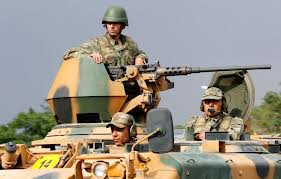
IR Analysis: The Arab awakening has sparked a foreign policy shift in Turkey and Qatar
The Arab awakening arguably represents the most important transformation of Middle Eastern politics since the end of colonialism. How will the regional powers adjust their foreign policies to the new regional environment is however still extremely uncertain. This uncertainty is partially due to the well-known inability of international relations scholars to make assured predictions, but also to the fact that the dynamics of foreign policy shifts are still widely overlooked and generally misunderstood in the scientific literature. Is ‘foreign policy change’ a mere adaptation to changes taking place in the domestic arena, as argued by most IR liberals? Or is foreign policy behaviour wholly dependent on the international distribution of power, as argued by realists? Or is there room for autonomous decisions that are not only reactions to exogenous sources of change, but are purposive and proactive actions in their own right?
The Arab awakening will most likely be a crucial case study to test each of these hypotheses.

Geopolitics Inside the Tunnels: Israel and the Iran-Hamas duo are benefiting from the tragedy in Gaza
Hamas has been in power in Gaza – and democratically elected – since 2006. Hamas controls what comes in and out of Gaza through tunnels – more than 700 were reported in 2011. Hamas is not only the government, it is the organisation on which Gazans rely for schooling, health, housing and protection. Of course international organisations in Gaza play a large role in providing those services too, but Hamas is the overarching authority. Now that Hamas and other para-military organisations such as the Palestinian Islamic Jihad and Popular Resistance Committees, along with Salafi groups and even the al-Aqsa Martyrs Brigade are firing rockets at Israel intensely again, why are Gazans supporting them?
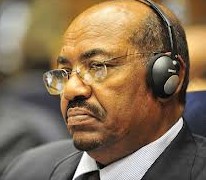
Politics and Islam: A religious movement in Sudan has become critical of Bashir and the ruling party
Last weekend, I discussed on Radio France International the meeting in Khartoum (Sudan) of thousands of politico-religious militants with strong links to the government: the general conference of the Islamist movement known as Al-Harakat Al-Islamiyyah is the most important political rally in the country of the last 10-15 years. Reformers among them believe Sudan’s military-Islamist regime has drifted from its revolutionary roots. Some are even calling on President Omar al-Bashir to leave office.
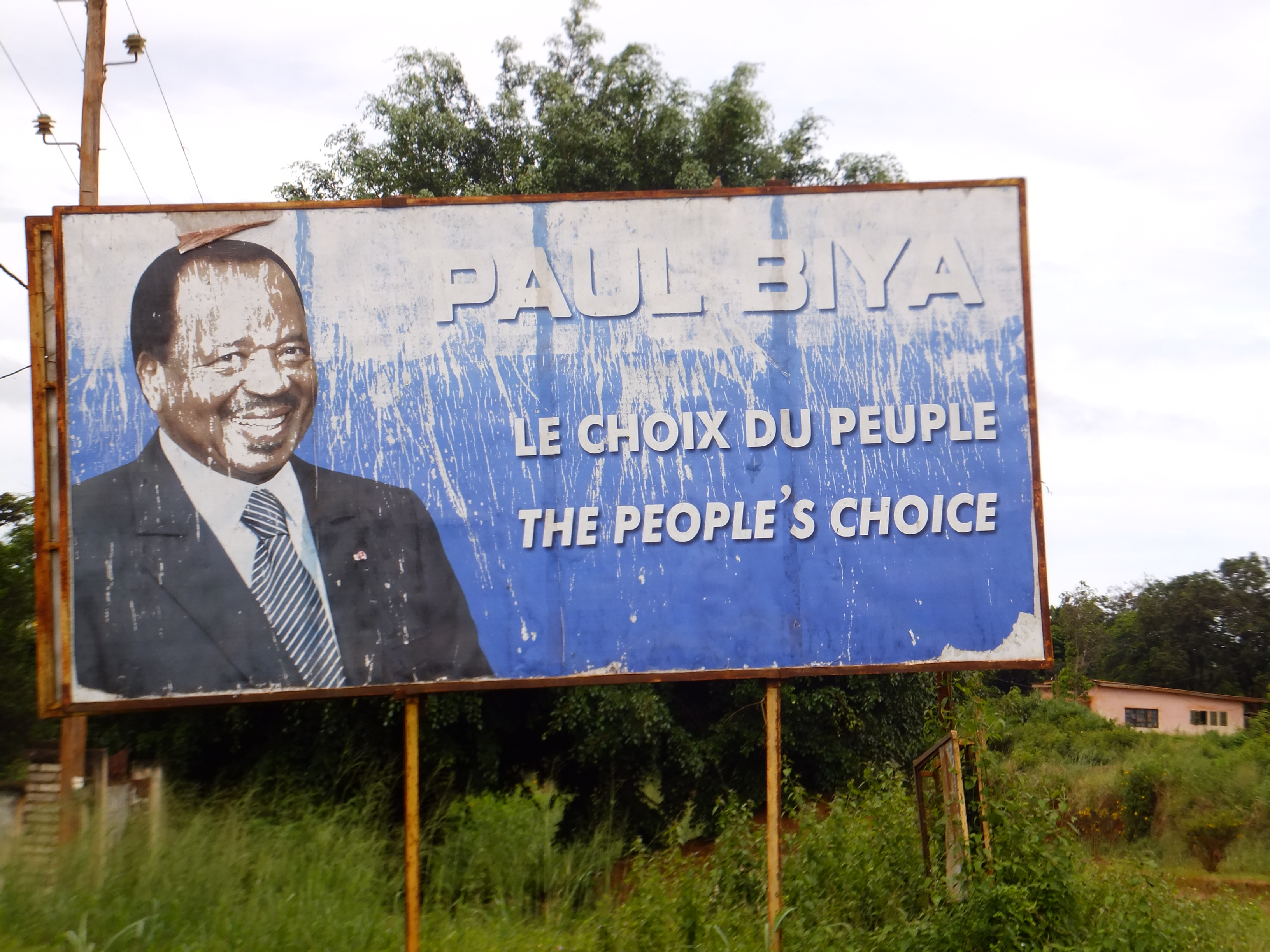
Thirty Years of Presidential Rule in Cameroon
The 6th of November 2012 marks the 30th anniversary of Paul Biya’s presidency (1982 – 2012) in Cameroon. Celebrations, dinners and galas for the ruling RDPC party (Rassemblement Démocratique du Peupe Camerounais) are taking place in cities across the country, most predominantly in the central regions, i.e. those with geo-political links and a common socio-cultural heritage (more generally but problematically referred to as ‘ethnic’ ties) to the ruling party.[1] Towns like Mfou, Nanga-Eboko, Nyong, Kelle and Mbam celebrated their political fidelity to President Biya.
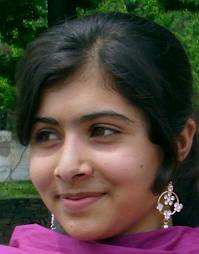
The story of how a little girl from Swat became a rallying point against the Taliban
In January 2009, Pakistan’s Swat valley was fully under the control of a Taliban affiliate, Tehrik-e-Nifaz-e-Shariat-e-Muhammadi(TNSM), and its leader Sufi Muhammad had issued a decree banning female education in the area. Only a handful of schools there had escaped the Taliban’s destructive wrath. While fear gripped the entire valley, Malala Yousafzai, an eleven years old girl from Swat’s Mingora town, began telling the world her innocent tales of surviving the Taliban’s ban on education.
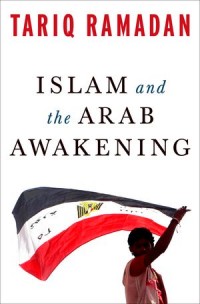
Islam and the Arab Awakening: Five things we should know about the Libyan and Egyptian demonstrations
We must start first by condemning the violence and killing of diplomats and civilian people. Whatever we may feel, however we may be hurt by the video, it cannot justify in any way the killing of people. Such actions are simply anti-Islamic and against Muslim values. The demonstrations were in fact first organised by a tiny group of Salafi literalists who were attempting to direct popular emotions against the United States and the West in order to gain for themselves a central religious and political role.

